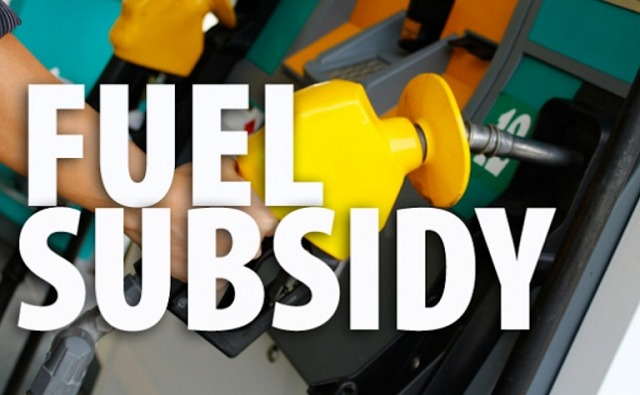According to the Depots and Petroleum Products Marketers Association of Nigeria, unapproved taxes and charges, as well as dealers’ inability to acquire foreign money, are impeding the supply and distribution of Premium Motor Spirit.
The hardship of obtaining FX through the parallel market for transactions domiciled in Nigeria, according to DAPPMAN Chairman Winifred Akpani, has placed petroleum marketers in “dire straits.”
“Accessing dollars for operations has been an insurmountable hurdle for petroleum marketers. The difference between the Central Bank of Nigeria exchange rate and the parallel market exchange rate continues to get wider by the day,” she said.
Akpani noted that in addition to core operational expenses that were denominated in dollars, petroleum marketers were also contending with sourcing funds from the parallel market to pay for fees and levies that were charged in dollars.
She said, “For example, to charter a vessel to convey 20,000 metric tonnes of PMS within Nigeria for 10 days, freight charges are denominated in dollars, that comes to about N220m at the official forex rate of N440, and a whooping N440m for petroleum marketers who have to source forex from the parallel market at N880.
“This implies an additional cost of N11 per litre for this transaction due to the forex official/parallel market differential.”
She stated that for the same transaction, jetty fees, also charged in dollars, amount to N15m at the official forex rates and N31m for petroleum marketers who source from the parallel market. She said jetty berth was charged in dollars and amount to N2.2m at official forex rate, and N4.4 million at the parallel market rate.
According to Akpani, the Nigerian Ports Authority and the Nigerian Maritime Administration and Safety Agency levy port dues in dollars, with the sum being N71.5 million at the official foreign exchange rate and N143 million for merchants who get cash from the illicit market.
In terms of unapproved fees and levies, Akpani stated that marketers were required to pay between N10,000 and N15,000 at toll gates erected at borders before tanker drivers could deliver petroleum products to each state of the federation.
She also mentioned several union charges as unlawful fees and taxes that marketers had been forced to pay throughout the years. Akpani urged the government to level the playing field in the industry by granting petroleum merchants access to forex at the CBN exchange rate.
“This is a passionate appeal to the government as we can confidently state that accessing forex through the CBN window will significantly enhance capacity and facilitate seamless supply of PMS and birth a regime of sustainability in terms of storage, distribution and supply across the nation,” she added.
The Nigerian National Petroleum Firm Limited, which acts as a last-resort supplier, is currently the largest company with complete access to the dollar at the official rate.
Other independent merchants must get FX on the underground market. The NNPC can also get items through exchange agreements. Akpani bemoaned the lack of a fair playing field that ensures access to FX for all marketers at official prices, stating that having NNPC as the sole importer of PMS was not sustainable, given the product’s massive use.













